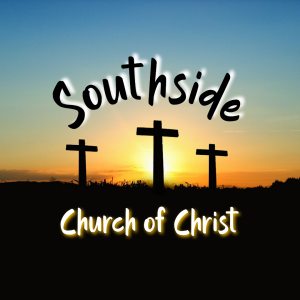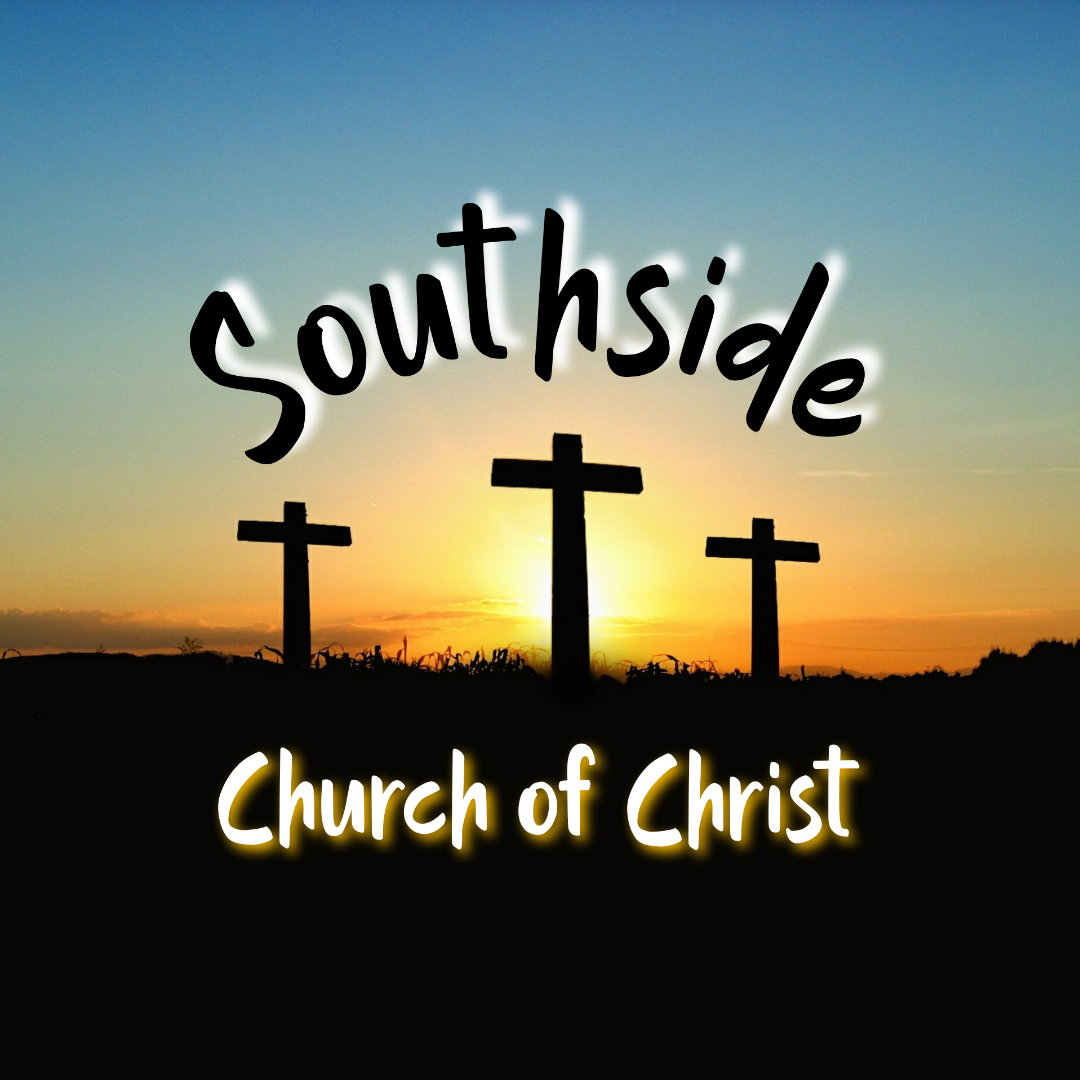Episodes

Sunday Apr 14, 2024
4-14-24 (Barrett Coffman) A Wellness Check
Sunday Apr 14, 2024
Sunday Apr 14, 2024
ACTS 18:18-28
18 Paul stayed on in Corinth for some time. Then he left the brothers and sailed for Syria, accompanied by Priscilla and Aquila. Before he sailed, he had his hair cut off at Cenchrea because of a vow he had taken. 19 They arrived at Ephesus, where Paul left Priscilla and Aquilla. He himself went into the synagogue and reasoned with the Jews. 20 When they asked him to spend more time with them, he declined. 21 But as he left, he promised, "I will come back if it is God's will." Then he set sail from Ephesus. 22 When he landed at Caesarea, he went up and greeted the church and then went down to Antioch. 23 After spending some time in Antioch, Paul set out from there and traveled from place to place throughout the region of Galatia and Phrygia, strengthening all the disciples. 24 Meanwhile a Jew named Apollos, a native of Alexandria, came to Ephesus. He was a learned man, with a thorough knowledge of the Scriptures. 25 He had been instructed in the way of the Lord, and he spoke with great fervor and taught about Jesus accurately, though he only knew the baptism of John. 26 He began to speak boldly in the synagogue. When Priscilla and Aquila heard him, they invited him to their home and explained the way of God more adequately. 27 When Apollos wanted to go to Achaia, the brothers encouraged him and wrote to the disciples there to welcome him. On arriving, he was a great help to those who by grace had believed. 28 For he vigorously refuted the Jews in public debate, proving from Scriptures that Jesus was the Christ. (NIV 84)
18 Paul stayed on in Corinth for some time. Then he left the brothers and sailed for Syria, accompanied by Priscilla and Aquila. Before he sailed, he had his hair cut off at Cenchrea because of a vow he had taken. 19 They arrived at Ephesus, where Paul left Priscilla and Aquilla. He himself went into the synagogue and reasoned with the Jews. 20 When they asked him to spend more time with them, he declined. 21 But as he left, he promised, "I will come back if it is God's will." Then he set sail from Ephesus. 22 When he landed at Caesarea, he went up and greeted the church and then went down to Antioch. 23 After spending some time in Antioch, Paul set out from there and traveled from place to place throughout the region of Galatia and Phrygia, strengthening all the disciples. 24 Meanwhile a Jew named Apollos, a native of Alexandria, came to Ephesus. He was a learned man, with a thorough knowledge of the Scriptures. 25 He had been instructed in the way of the Lord, and he spoke with great fervor and taught about Jesus accurately, though he only knew the baptism of John. 26 He began to speak boldly in the synagogue. When Priscilla and Aquila heard him, they invited him to their home and explained the way of God more adequately. 27 When Apollos wanted to go to Achaia, the brothers encouraged him and wrote to the disciples there to welcome him. On arriving, he was a great help to those who by grace had believed. 28 For he vigorously refuted the Jews in public debate, proving from Scriptures that Jesus was the Christ. (NIV 84)

FROM THE LESSON
Four statements about the will of God (from the book Decision Making and the Will of God by Garry Friesen):
1 Where God commands, we must obey.
2 Where there is no command, God gives us the freedom (and responsibility) to choose.
3 Where there is no command, God gives us wisdom to choose.
4 When we have chosen what is moral and wise, we must trust the sovereign God to work all the details together for good.
All Christians should have a theology of the dimly seen - based on 1 Corinthians 13:12, "Now we see but a poor reflection as in a mirror; then we shall see face to face. Now I know in part: then I shall know fully, even as I am fully known."
Four statements about the will of God (from the book Decision Making and the Will of God by Garry Friesen):
1 Where God commands, we must obey.
2 Where there is no command, God gives us the freedom (and responsibility) to choose.
3 Where there is no command, God gives us wisdom to choose.
4 When we have chosen what is moral and wise, we must trust the sovereign God to work all the details together for good.
All Christians should have a theology of the dimly seen - based on 1 Corinthians 13:12, "Now we see but a poor reflection as in a mirror; then we shall see face to face. Now I know in part: then I shall know fully, even as I am fully known."
DISCUSSION QUESTIONS
1 Who would you say that you know better than anyone else? Who knows you better than anyone else? Why would you say that person? Now with that in mind, how well would you say that you know God?
2 How have you thought about the will of God for your life? Have you thought about it like an individual, specific, detailed plan for your life or more like the way it was presented this morning? Discuss the four statements of guidance stated above. What do you think about this understanding of the will of God?
3 What do you think about all Christians having a theology of the dimly seen? Paul wrote, "now we see but a poor reflection" and "now I know in part." Can you remember a time when someone helped you have a more complete understanding of the ways of God? Can you share it with the group?
4 How did you experience the eclipse on Monday? Were you in the line of totality? Share your experience with the group. Remember a time when you have experienced the wonder of God's grace. Share about this time with your group.
1 Who would you say that you know better than anyone else? Who knows you better than anyone else? Why would you say that person? Now with that in mind, how well would you say that you know God?
2 How have you thought about the will of God for your life? Have you thought about it like an individual, specific, detailed plan for your life or more like the way it was presented this morning? Discuss the four statements of guidance stated above. What do you think about this understanding of the will of God?
3 What do you think about all Christians having a theology of the dimly seen? Paul wrote, "now we see but a poor reflection" and "now I know in part." Can you remember a time when someone helped you have a more complete understanding of the ways of God? Can you share it with the group?
4 How did you experience the eclipse on Monday? Were you in the line of totality? Share your experience with the group. Remember a time when you have experienced the wonder of God's grace. Share about this time with your group.
Version: 20241125


No comments yet. Be the first to say something!